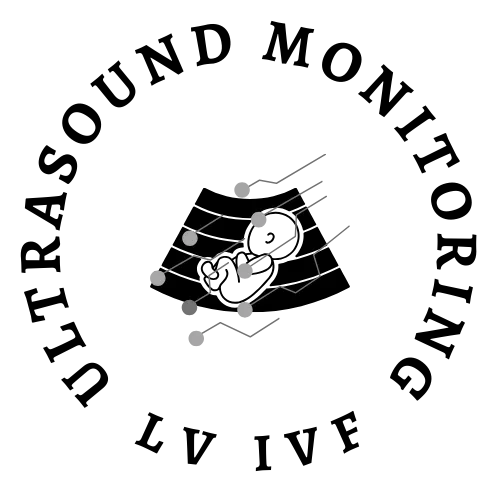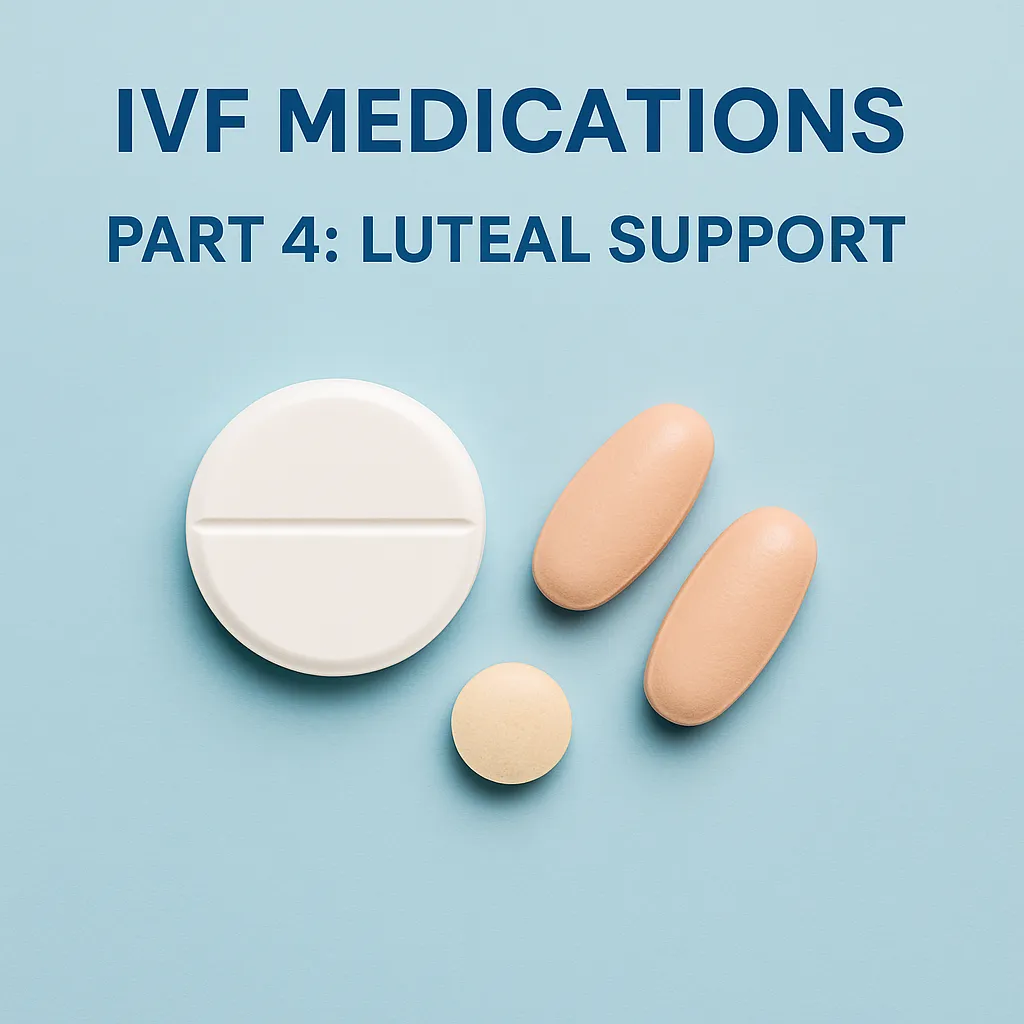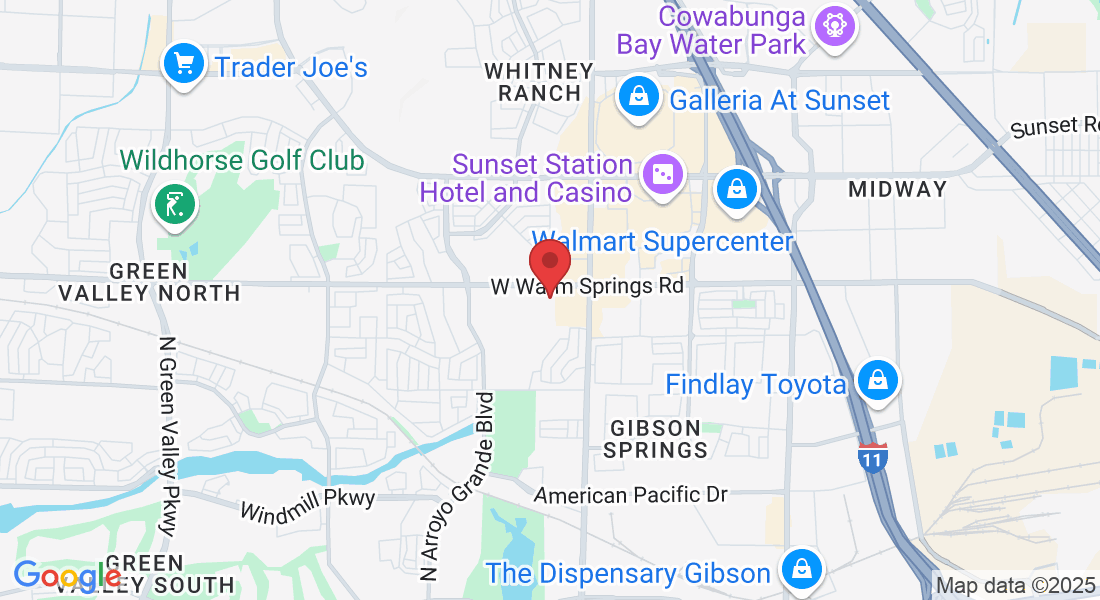
Ultrasound Monitorig
for Your IVF Cycle
For IVF monitoring cycles that are out-of-state of your location
Starting your cycle
Starting an IVF cycle is stressful enough, doing it with an out-of-state provider just increases that stress. That is why we have developed an out-of state monitoring program to help women that need ultrasound monitoring without having to travel to their provider. We follow your physicians instructions and with be able to accommodate your schedule. Most all cycles, whether retrievals or transfers, will need 2-3 ultrasounds during that cycle. All reports can be faxed or emailed to your physician within 2-3 hours after the exam is finished.
To schedule an appointment
Please Call True Health Acupuncture at 702-475-0870
You can also book online on the True Health Acupuncture website.
1481 W Warm Spring Rd #129
Henderson, Nevada 89014
Testimonials
My name is Michelle Aukerman. And I just have to say that Joyce at True Health Acupuncture is probably the best ultrasound technician I have ever had in my life and I’ve been through several. She’s very personal and talks through everything and if something goes wrong, she says OK how do we make this right? What’s the next step we need to take? You don’t hear that from any other ultrasound tech, they're so jaded. The comfort environment at True Health Acupuncture is unmatchable. It does not feel like a doctor's office and everybody is so warm but when it comes to Joyce, she is completely unmatched. It’s like having your own mother right there with you. I highly highly recommend her.
Thank you, the Aukerman’s

Michelle A.
This is the second pregnancy that I came to Joyce for my outside monitoring. I have been very nervous about the whole process, but Joyce guided me through each and every ultrasound. Although the monitoring went smoothly, upon achieving pregnancy I developed some bleeding. Of course, I panicked. Joyce explained everything that was going on with my bleeding and helped me through this anxious time. I don’t know what I would have done without Joyce’s calm demeanor. And the added bonus is having acupuncture treatment right there at True Health Acupuncture, the office Joyce works out of. I will always be truly thankful for the amazing experience that I received from both Joyce and True Health to be a part of my fertility journey.

Sara P.
Joyce is an exceptional individual who made a significant impact during my IVF journey. I had the privilege of meeting her when I needed support, and she was able to perform ultrasounds when our IVF Dr was unable to accommodate us. Her ability to confirm our twin pregnancy was incredibly reassuring. Joyce took the time to explain everything she was observing, which not only made the experience more memorable but also helped alleviate my anxiety. Her compassionate approach truly made a difference in my experience.

Nicole B

Adjunctive Medications and Supplements in IVF – Beyond the Basics
While standard IVF medications are essential for egg development, ovulation, and implantation, many patients explore adjunctive treatments to improve outcomes — especially after failed cycles or if diagnosed with diminished ovarian reserve, endometriosis, or unexplained infertility. Though some of these therapies are evidence-supported, others remain controversial.
🔹 1. Growth Hormone (GH)
Use: Often prescribed for patients with poor ovarian response or advanced maternal age.
How it works:
Growth hormone may improve the quality of oocytes by influencing IGF-1 (insulin-like growth factor), which supports follicular development and granulosa cell function.
Protocol:
Typically administered during stimulation, often from cycle day 2–6 onward.
Evidence:
Mixed. Some small trials show improved embryo quality and pregnancy rates in poor responders; others show no benefit. Best used in individualized protocols.
🔹 2. DHEA (Dehydroepiandrosterone)
Use: For women with diminished ovarian reserve or high FSH.
How it works:
A weak androgen precursor, DHEA may improve the follicular environment, increase antral follicle count, and enhance response to gonadotropins.
Dosage:
Usually 25 mg three times daily for 6–12 weeks before IVF.
Evidence:
Supported by some meta-analyses for improving AMH, follicle count, and possibly live birth rate in low responders.
🔹 3. CoQ10 (Coenzyme Q10)
Use: To support mitochondrial function and improve egg quality, especially in women over 35.
Mechanism:
Antioxidant that enhances ATP production in oocytes.
Dosage:
Typically 200–600 mg/day for at least 6–8 weeks prior to retrieval.
Evidence:
Emerging studies suggest improved fertilization rates and embryo quality.
🔹 4. Immune Modulators (Prednisone, Intralipids, Lovenox®)
Use: Recurrent implantation failure or suspected immune dysfunction.
Prednisone: Corticosteroid to reduce inflammation
Intralipids: IV fat emulsion that modulates NK cell activity
Lovenox® (Enoxaparin): Low molecular weight heparin to improve uterine blood flow and address clotting disorders
Evidence:
Controversial. Often used in immunological protocols (e.g., for antiphospholipid syndrome), but large studies are lacking. Considered after recurrent loss or failed transfers.
🔹 5. Antibiotics (e.g., Doxycycline)
Use: Pre-transfer, to reduce risk of subclinical uterine infection or endometritis.
Protocol:
Common in frozen embryo transfer (FET) cycles or following hysteroscopy findings.
🔹 6. Supplements and Nutraceuticals
Supplement Purpose Vitamin D Supports endometrial receptivity and immune balance Myo-Inositol Improves egg quality, especially in PCOS patientsOmega-3sAnti-inflammatory, supports implantation Melatonin Antioxidant, may improve sleep and egg quality NAC (N-acetylcysteine)Anti oxidant, used in PCOS or inflammation
Note: Always consult a fertility specialist before adding supplements, as interactions with IVF medications can occur.
⚖️ A Word on Personalization
Many of these adjuncts are chosen case-by-case. While some show promise, others are empirical — meaning they’re used based on clinical experience rather than large randomized trials. Patients should weigh cost, invasiveness, and potential benefit when considering add-ons.
